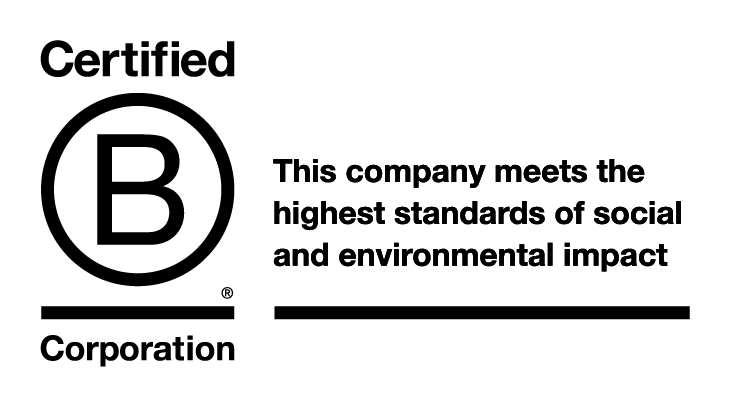Tips for Not Sweating the Small Stuff
We have all heard the phrase before, “don’t cry over spilled milk.” But, just because we have listened isn’t worth the time and energy they take aren’t worth the time and energy they take up. Does it matter if you are five minutes late for dinner? Did that traffic jam this afternoon destroy your mood for the rest of the day? Are you having a bad hair day?
We know these things are unimportant in the grand scheme of life, yet it can be hard to let them go.
Need some motivation to stop sweating the small stuff? Turns out, letting the little stuff roll off our backs can help us to live healthier lives. A 2018 study from Oregon State University found that those who obsessed over little, everyday annoyances lived shorter lives than those who didn’t let those things get to them. Here are our tips for not sweating the small stuff.
A Change In Perspective
It has a lot to do with perspective. If you perceive little things, like running late, getting your shoes dirty, or having to wait an extra day for a package, as a BIG deal, then those annoyances will impact you in a BIG way. Chronic stress negatively impacts your health, leading to high blood pressure, weakened immunity, and insomnia. Even a few minutes of road rage can affect the cortisol levels in our bodies.
The truth is all those little things we waste time worrying about are a fact of life. They will happen no matter what, so why are we getting so worked up over them? We are all human and make mistakes. We will all spill our coffee, burn our dinner, lose our keys, show up late to an event, or miss a phone call. We don’t have to let it ruin our day.
So, what can we change about how we react to the small stuff?
Change our perspective. Compare the little thing to a more significant thing. So what if you can’t find the belt you want to wear to your job interview? The essential thing is the interview itself. Will the interviewer care what belt you are wearing? So, you spilled your coffee on the way to the office? But you still made it to the office, and you can get more coffee. The moment will pass; you don’t need to let it stress you out.
Learning to Let it Go
Help your mind to release stress, learn to let it go. Try the throw-it-away method, write down your negative thoughts and then toss them in the trash. Talk aloud to yourself about how you feel, then ask yourself, “does it matter?” and release it.
Mindfulness
Start being more mindful. When you are present in your mind and aware of your thoughts, you can notice them, examine their purpose and then decide whether or not to react to them. Mindfulness also keeps you from ruminating on past and future issues, keeping you at the moment.
And, if you absolutely must spend some time stressing over this thing, set a time limit. Set a timer and give yourself five minutes to get mad, sad, or angry, and then let it go. You have had your moment; now move on.
A Shift to Calm
Training yourself to let go of the small things in life can help you live longer and be happier and healthier. I’d like to tell you that responding calmly to correct the problem or move forward will make it easier to get through. People tend to listen better when you speak to them in a calm tone. If you are worked up over something small, you are going to have more trouble communicating rationally.
If you struggle with sweating the small stuff, think about what matters at the end of the day, week, or year. Chances are it won’t be that you spilled your coffee on the way to work on Monday.
Seeking help from a licensed mental health professional can also be beneficial. They can help you to change your perspective and learn mindfulness techniques, among other things. We hope you learned something new from this Tips for Not Sweating the Small Stuff article from Move Forward Counseling.




























